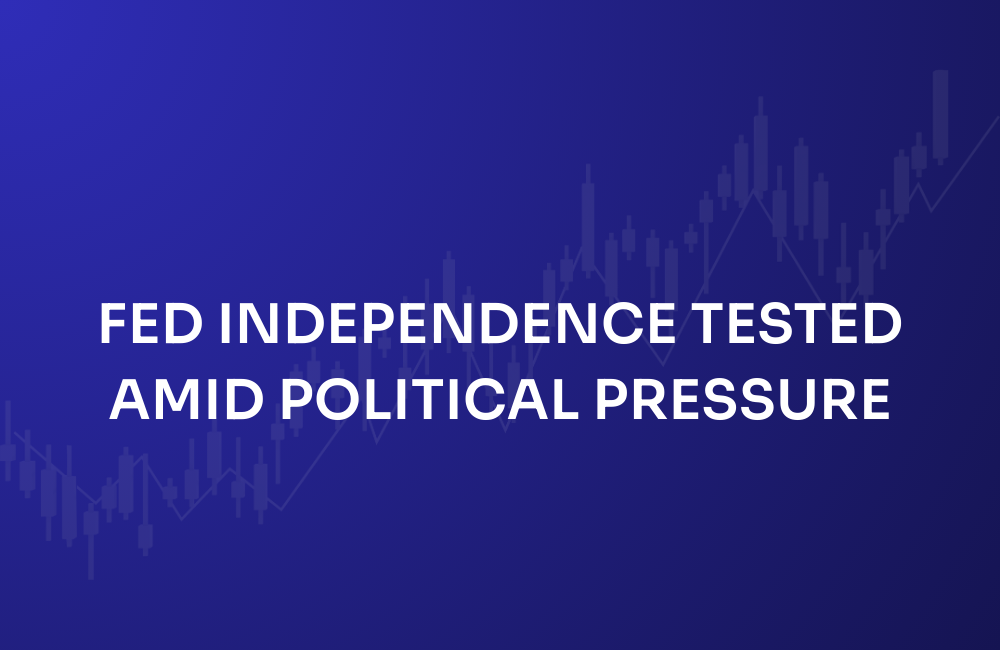
Subscribe to our free
💌 Stay ahead with AI and receive:
✅ Access our Free Community and join 400K+ professionals learning AI
✅ 35% Discount for ChatNode
.png)

New law restricts AI decision-making, requiring human oversight in employment actions.
Context
California just passed the “No Robo Bosses Act” (SB 7), set to take effect January 1, 2026, pending Governor Newsom’s signature. The law aims to limit how employers use AI and automated decision systems (ADS) in hiring, firing, and workplace management. For business leaders, this signals a new era of compliance complexity at the intersection of AI and employment law.
Why It Matters
Employers increasingly lean on AI for productivity monitoring, scheduling, hiring, and evaluations. SB 7 will force companies to rethink those practices: notices will be required, human oversight will be mandatory in key decisions, and misuse could trigger civil penalties. For B2B professionals, this means adjusting policies now to avoid legal and reputational risks later.
Core Idea
AI can assist, but it cannot replace human judgment when people’s jobs and rights are on the line.
Key Requirements of SB 7
- Limits on AI decision-making: Employers cannot rely solely on AI to discipline, terminate, or deactivate workers. Human review must be part of the process when AI is primarily used.
- Broad scope of “ADS”: Covered systems include call monitoring tools, keystroke trackers, shift scheduling software, AI-based training, and sentiment analysis—essentially any AI that influences employment outcomes.
- Notice obligations: Employers must give applicants and employees clear notice before using AI in hiring or workplace decisions, and follow up with post-use notices in cases of discipline or termination.
- Prohibited uses: Employers may not use AI to infer protected characteristics, retaliate against workers for exercising rights, or rely on customer ratings as the sole input for employment decisions.
- Enforcement: While workers lost the right to sue under SB 7, violations carry $500 penalties per infraction, enforceable by the Labor Commissioner and state prosecutors.
What Employers Should Do Now
- Audit your use of AI tools and flag those that qualify as ADS.
- Update HR policies to include required pre-use and post-use notices.
- Train managers on when human review is legally required.
- Engage counsel to stress-test compliance before the 2026 deadline.
Closing Thought
California’s move sets the tone for national conversations about AI and work. Employers that get ahead of SB 7 won’t just avoid penalties—they’ll also build trust with workers in an AI-driven economy.
About
Fisher Phillips, founded in 1943, is a leading law firm dedicated to representing employers in labor and employment matters. With nearly 600 attorneys across 38 U.S. and 3 Mexico offices, it combines deep expertise with innovative solutions to help businesses navigate workplace challenges.

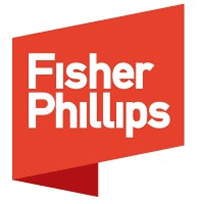
Recommended
.png)


.svg)



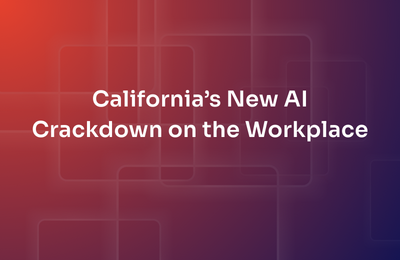
.svg)
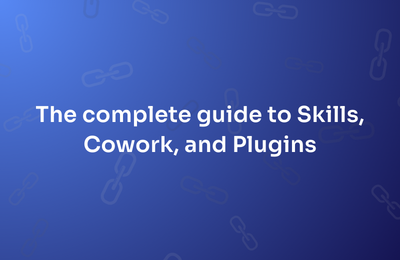
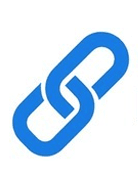
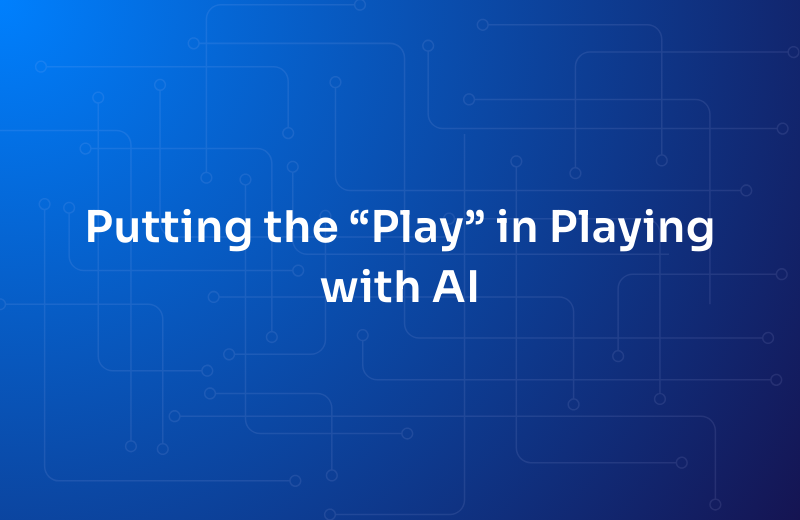

.png)
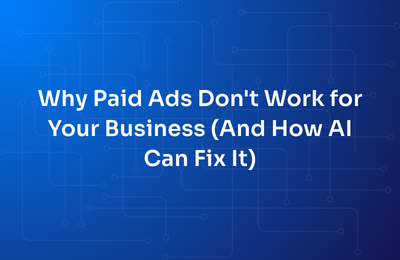
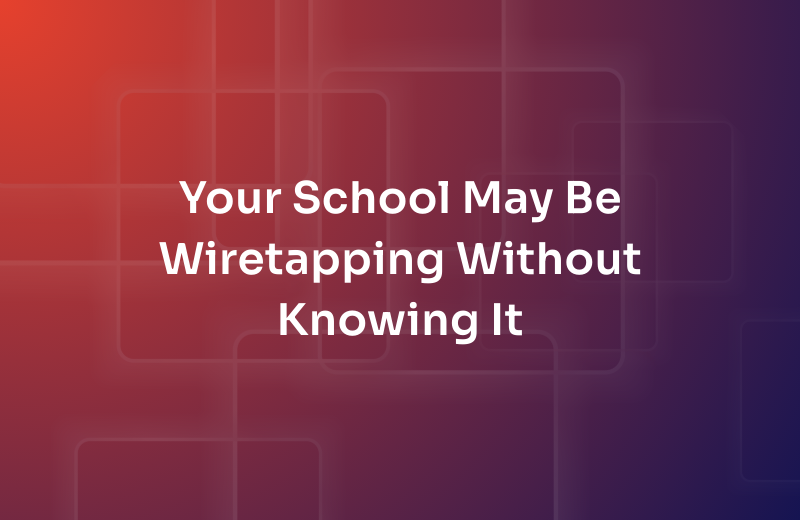
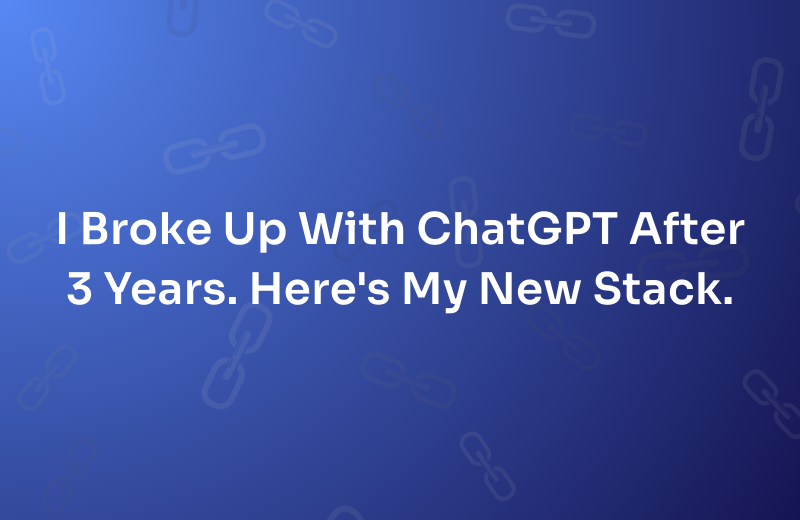
.png)
.png)
.png)
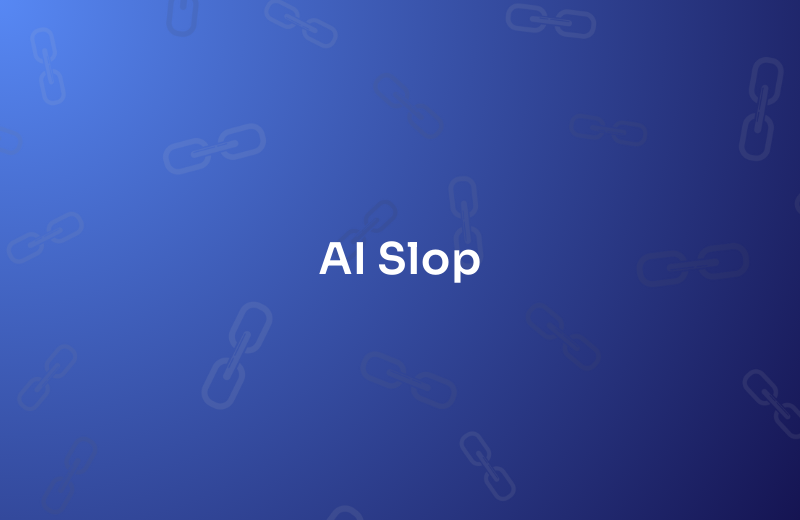
.png)
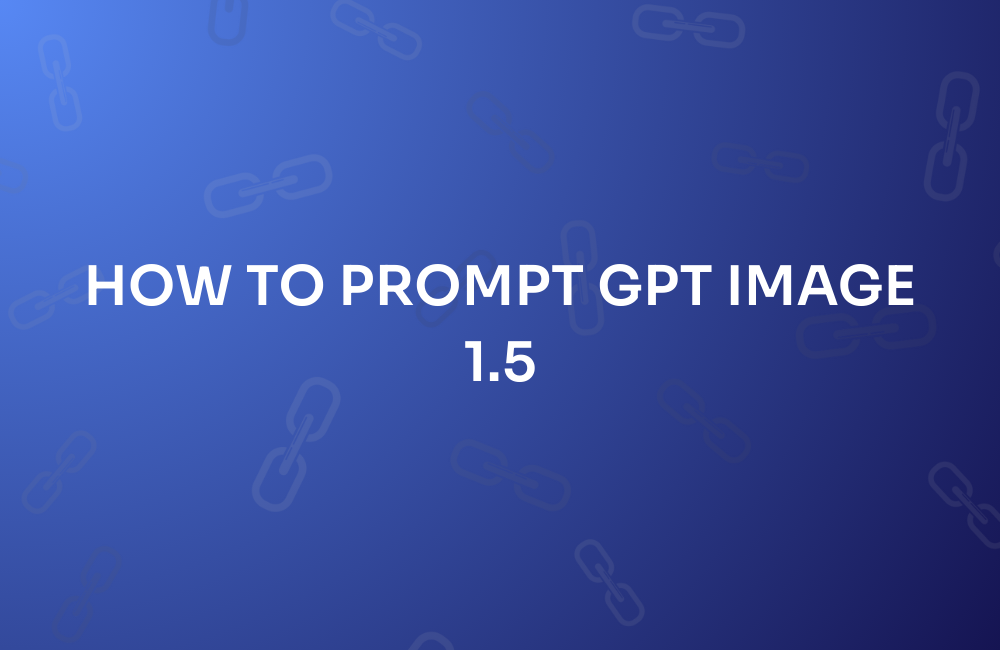
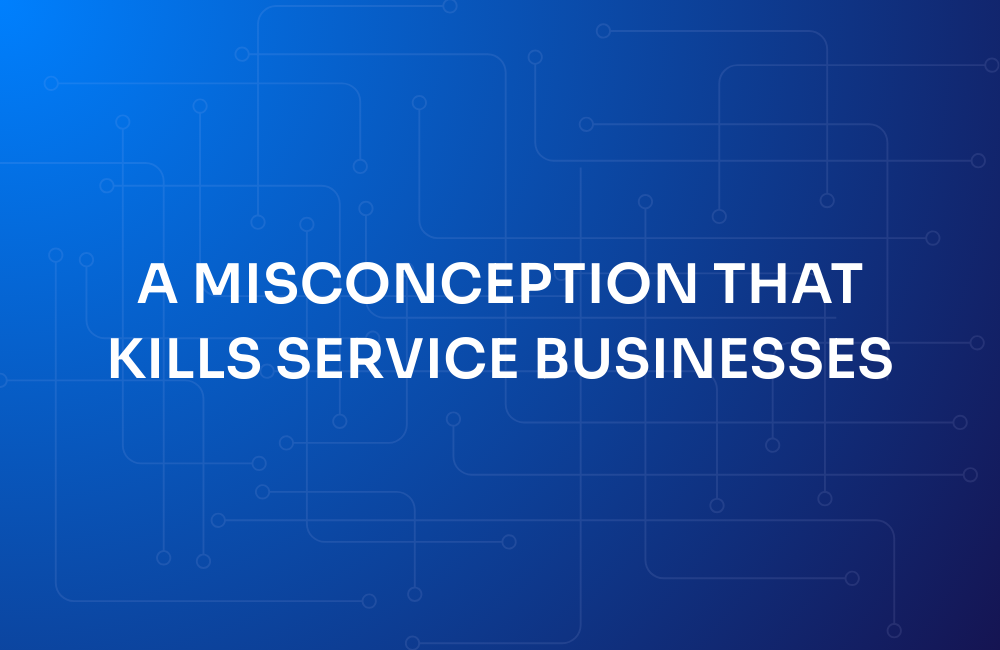
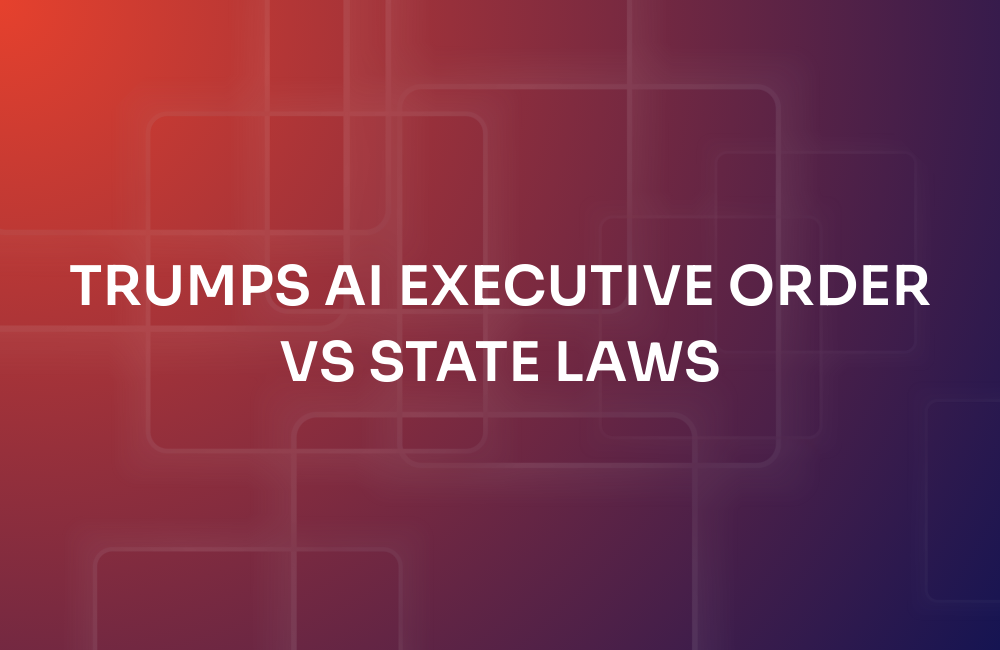
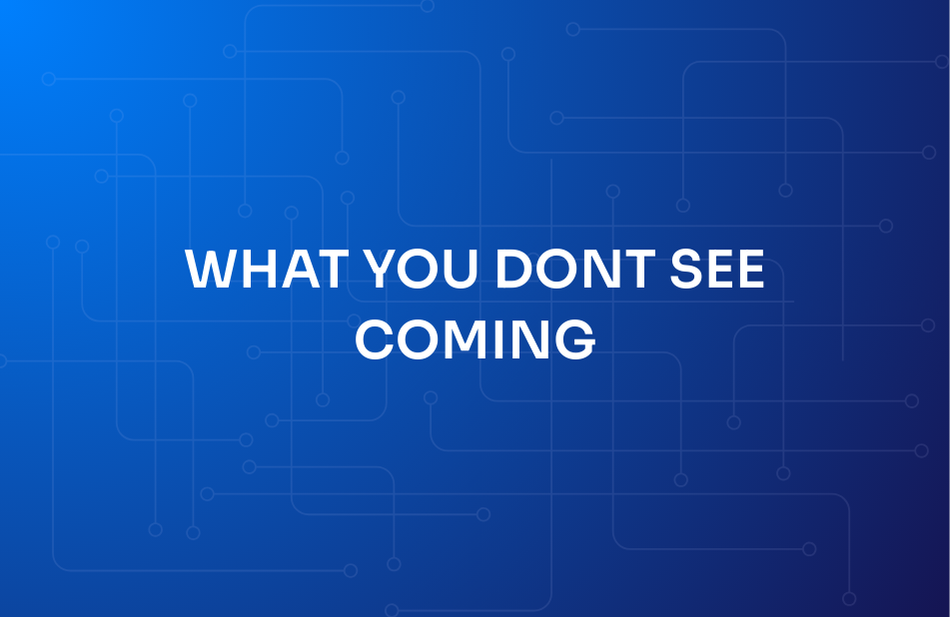
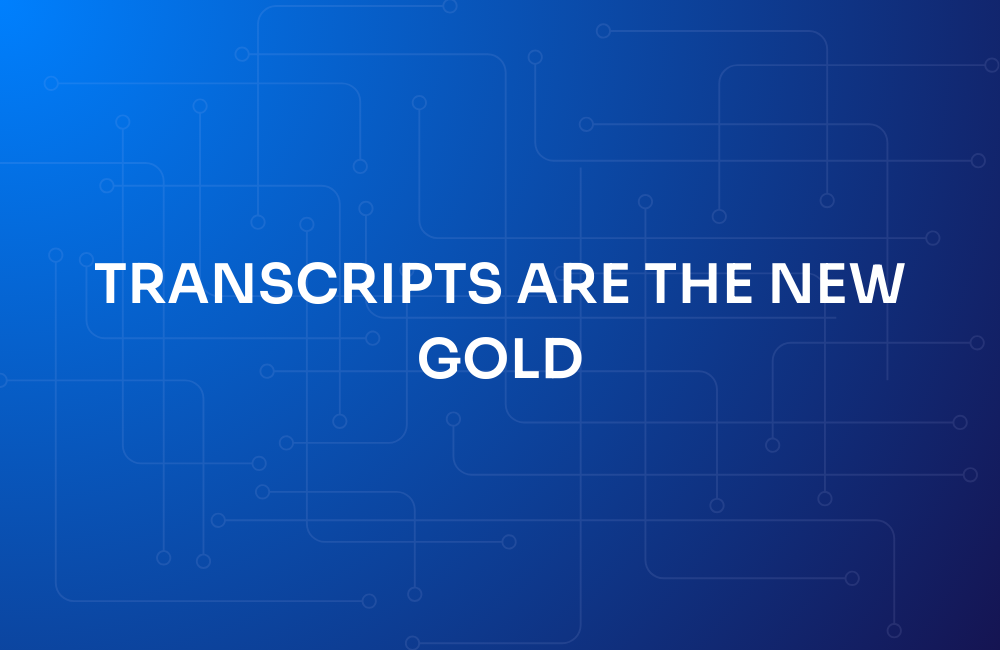
.png)
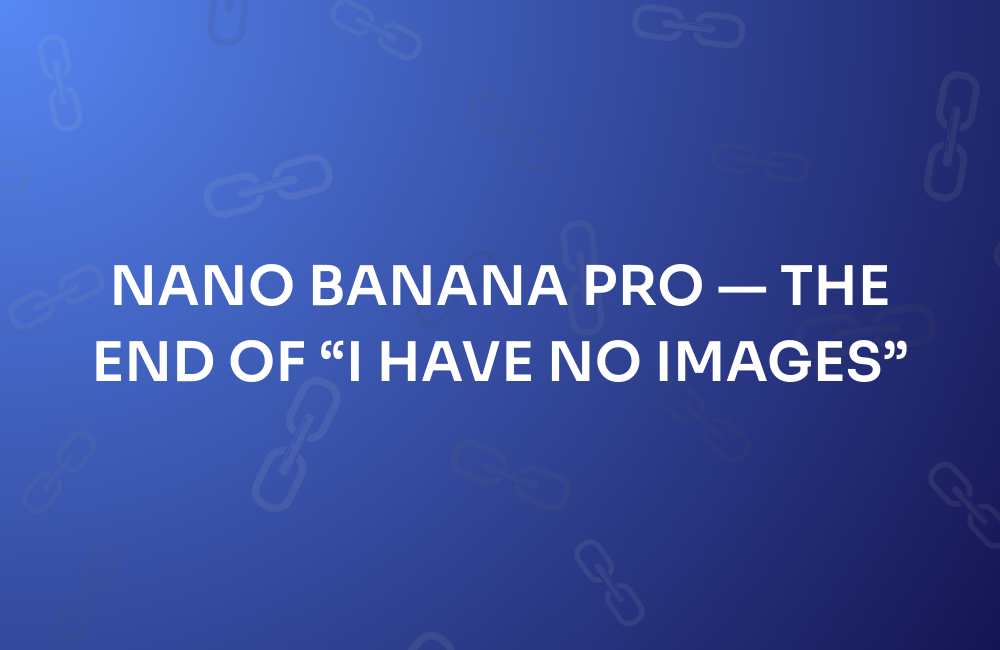
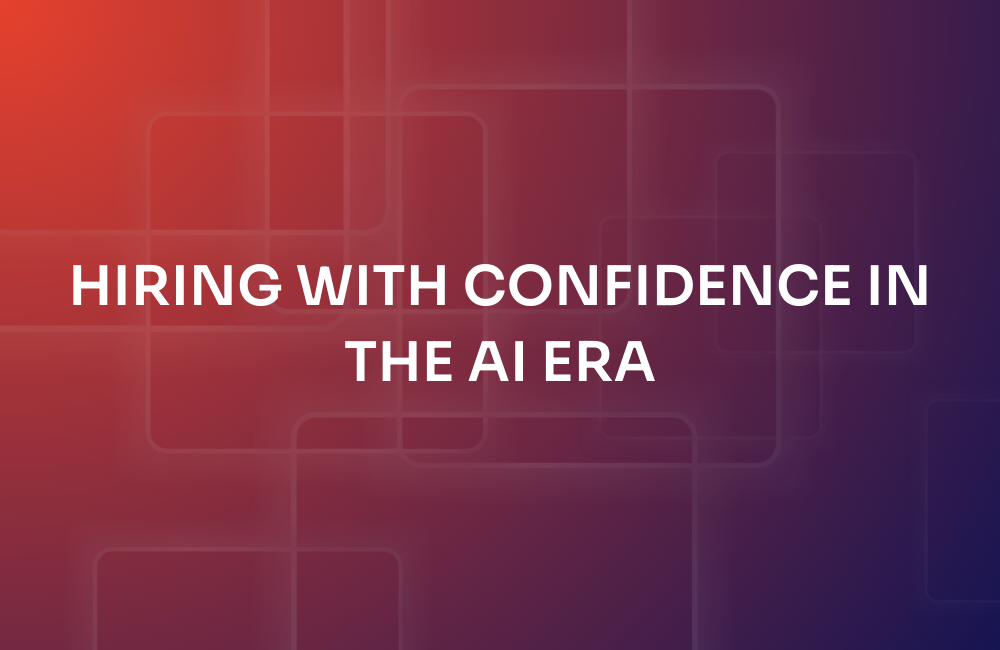
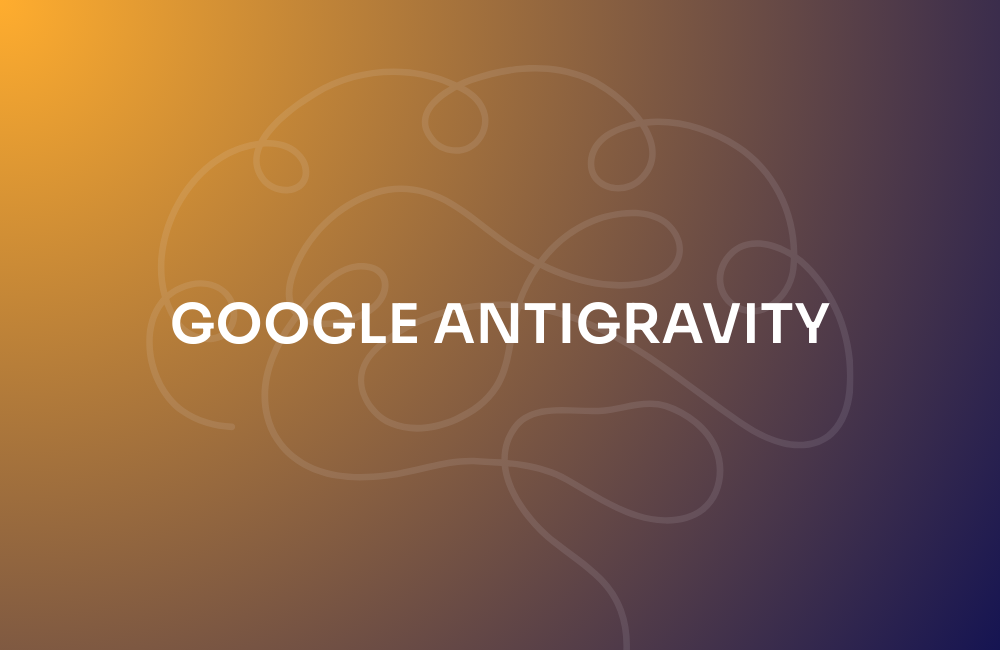
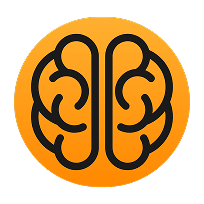


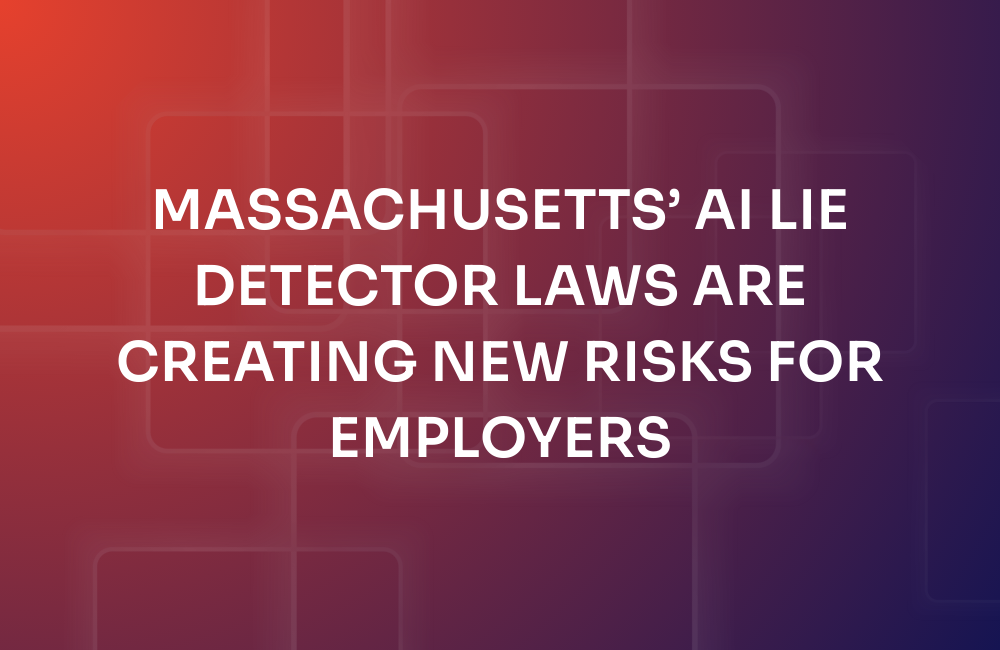
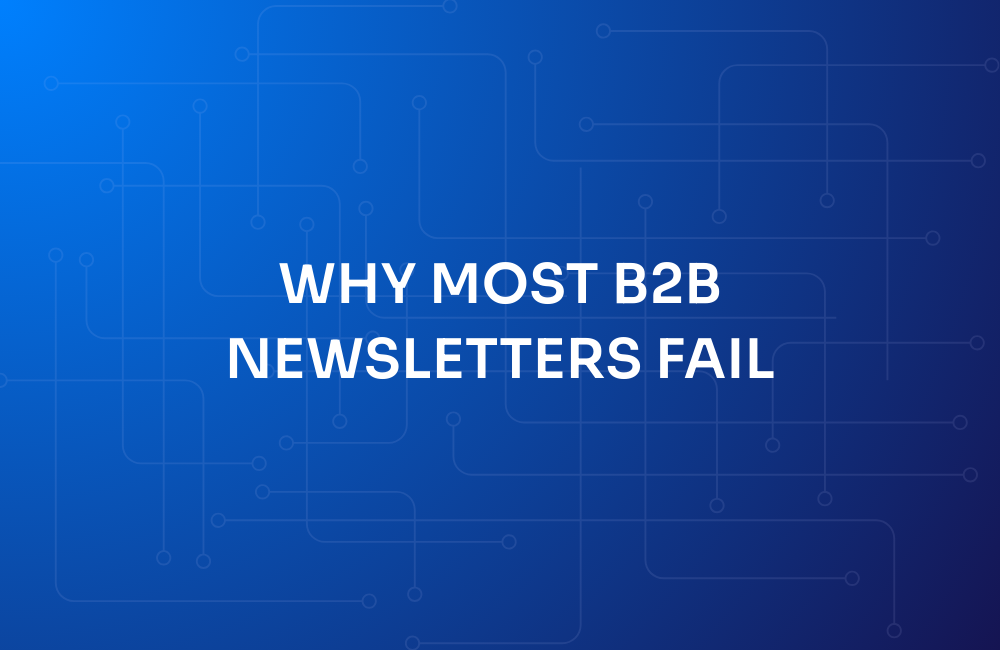

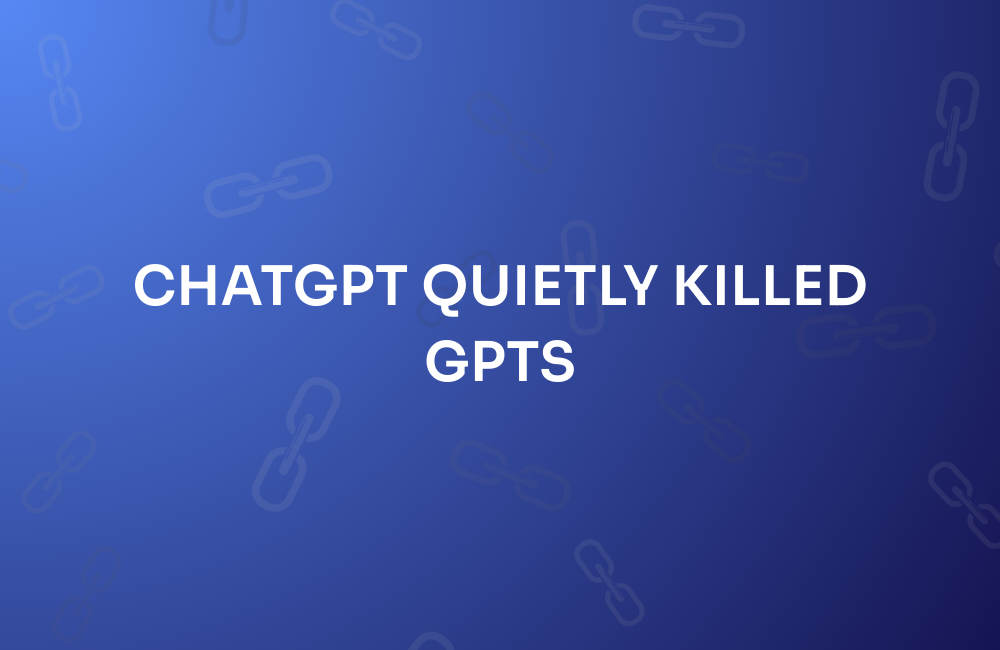
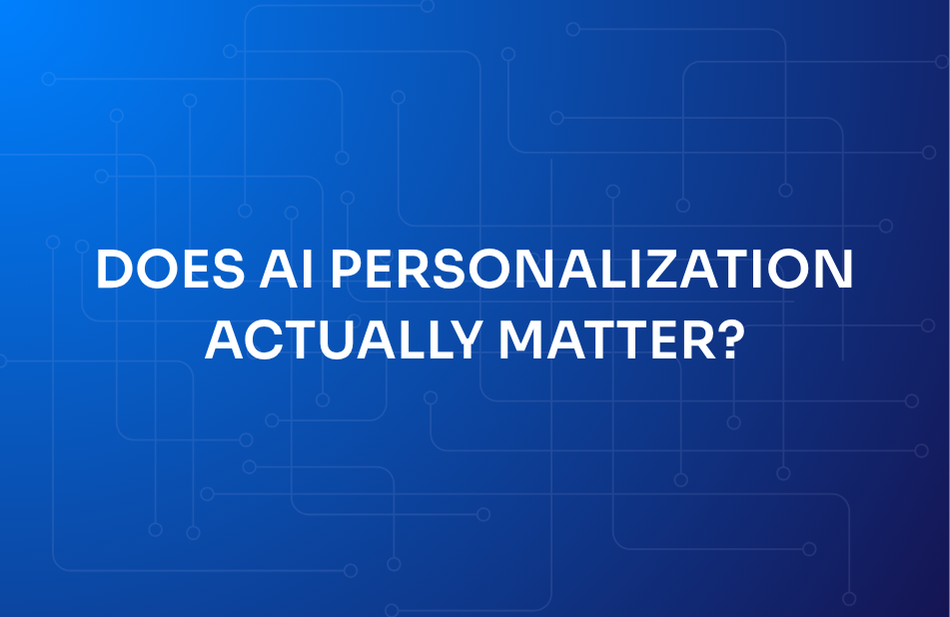

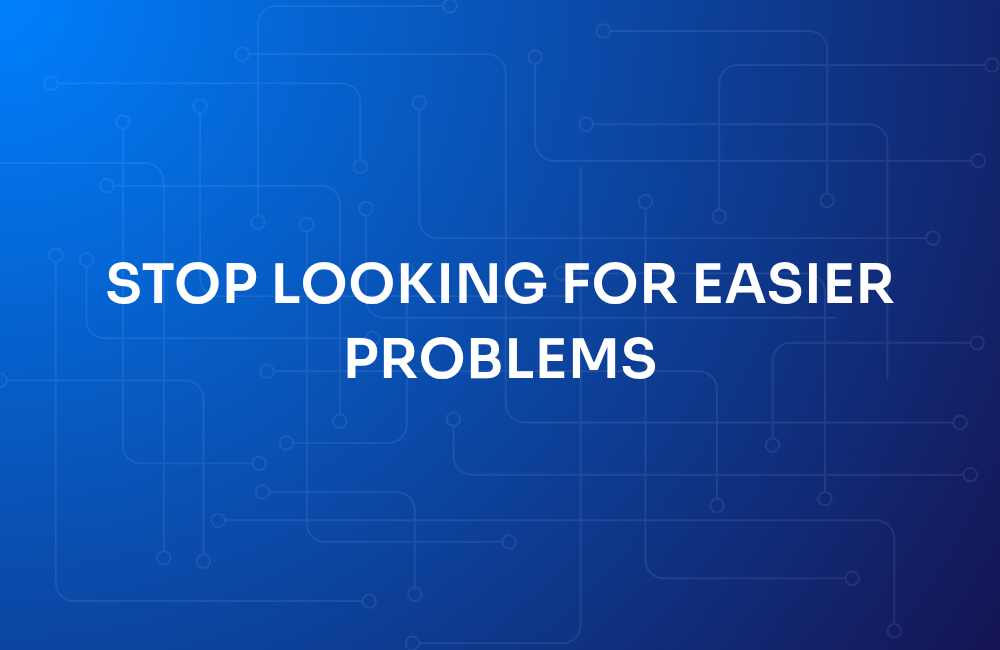
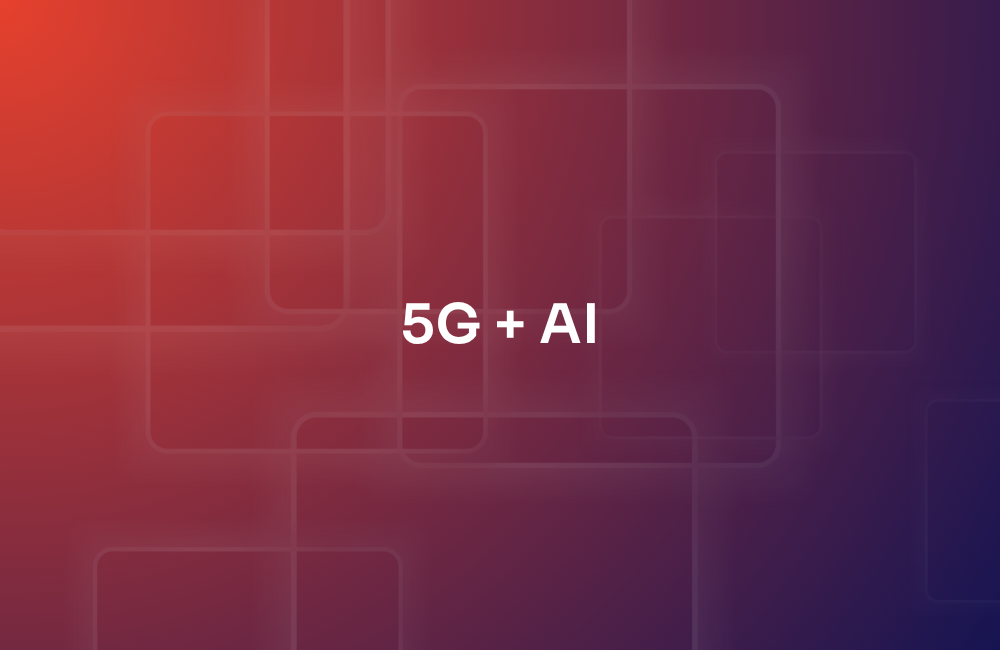
.png)
.png)
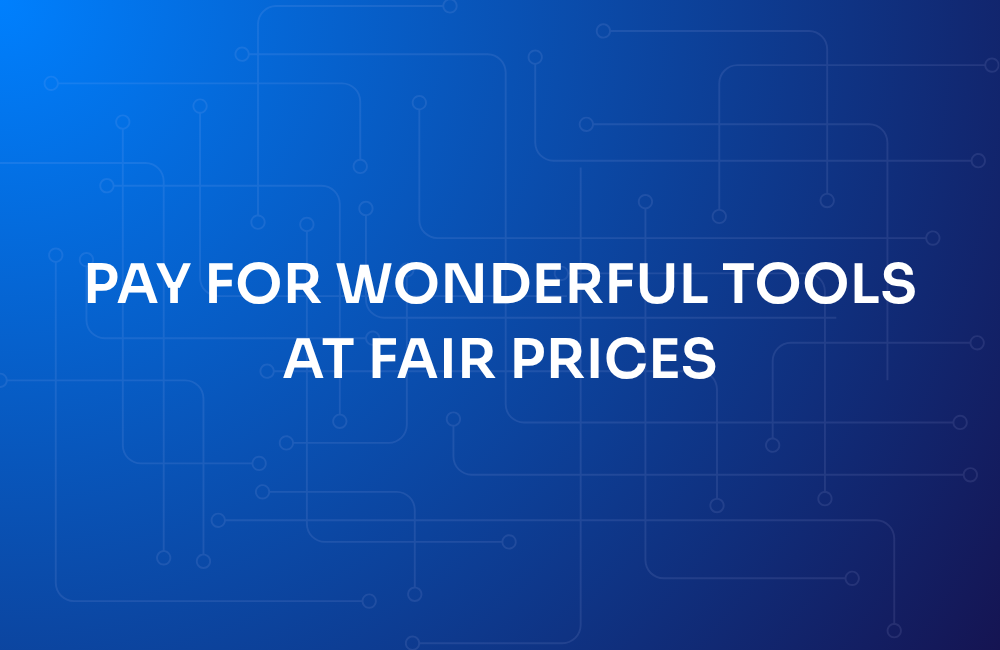
.png)
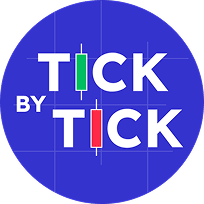

.png)
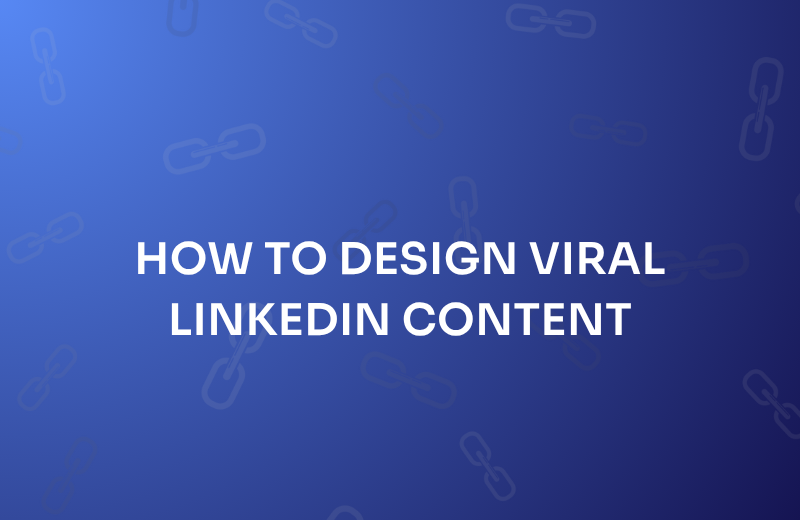
.png)
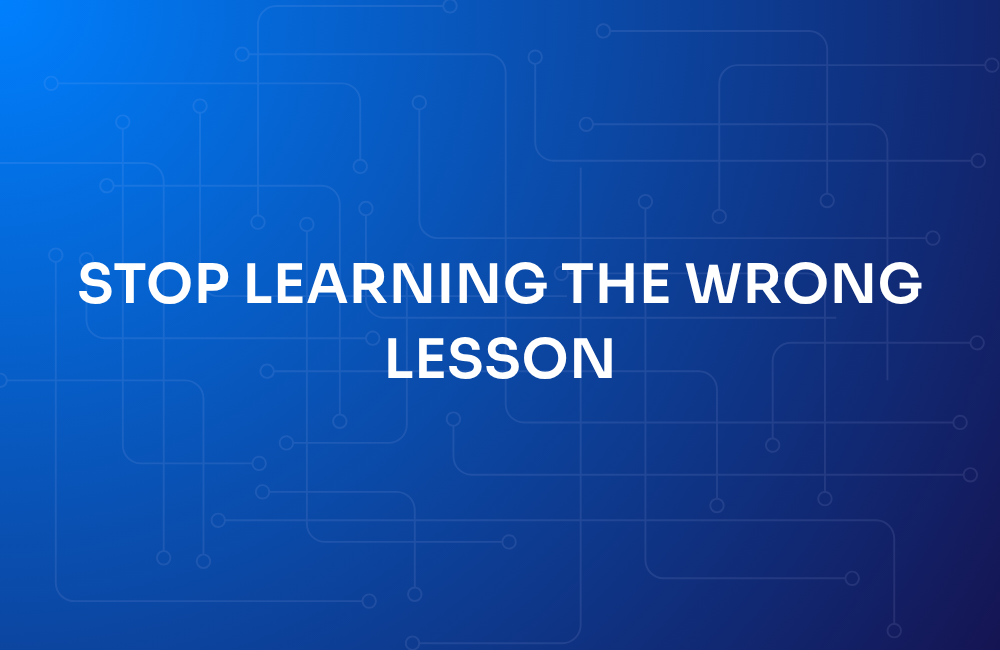
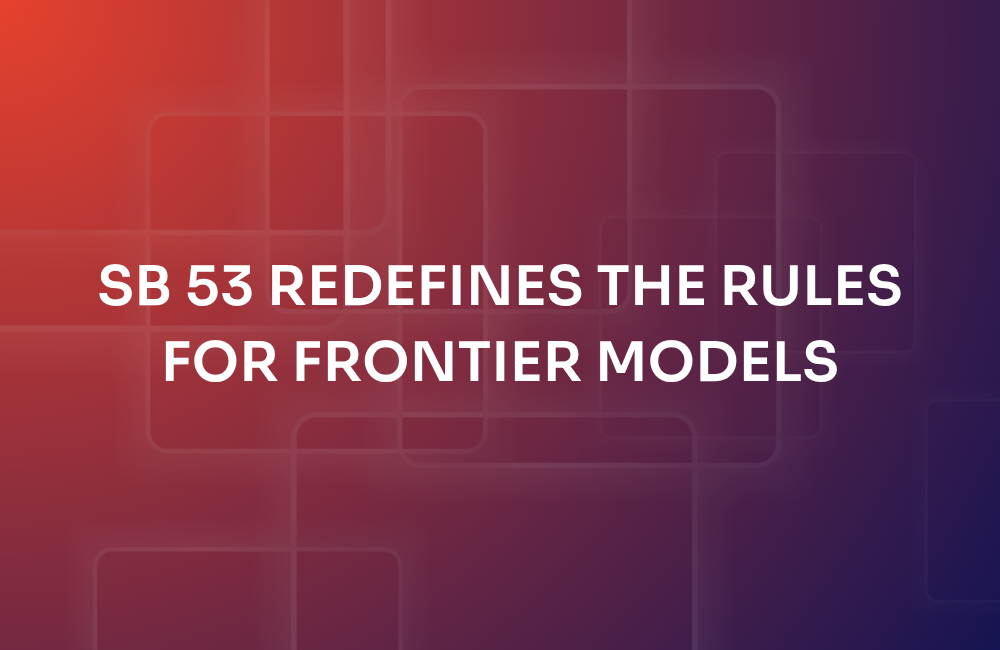
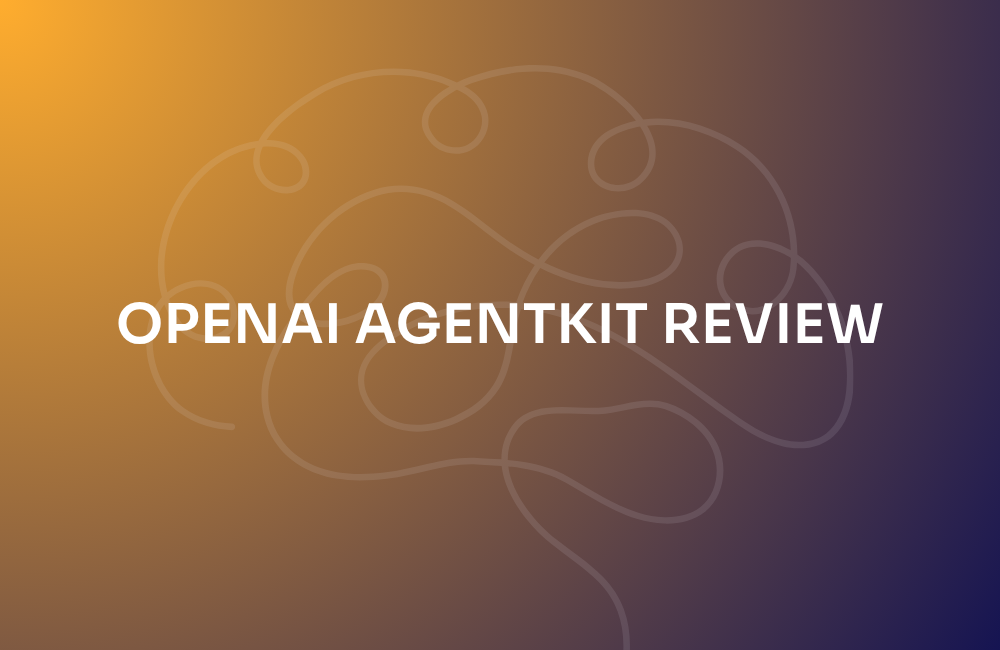
.png)
.png)
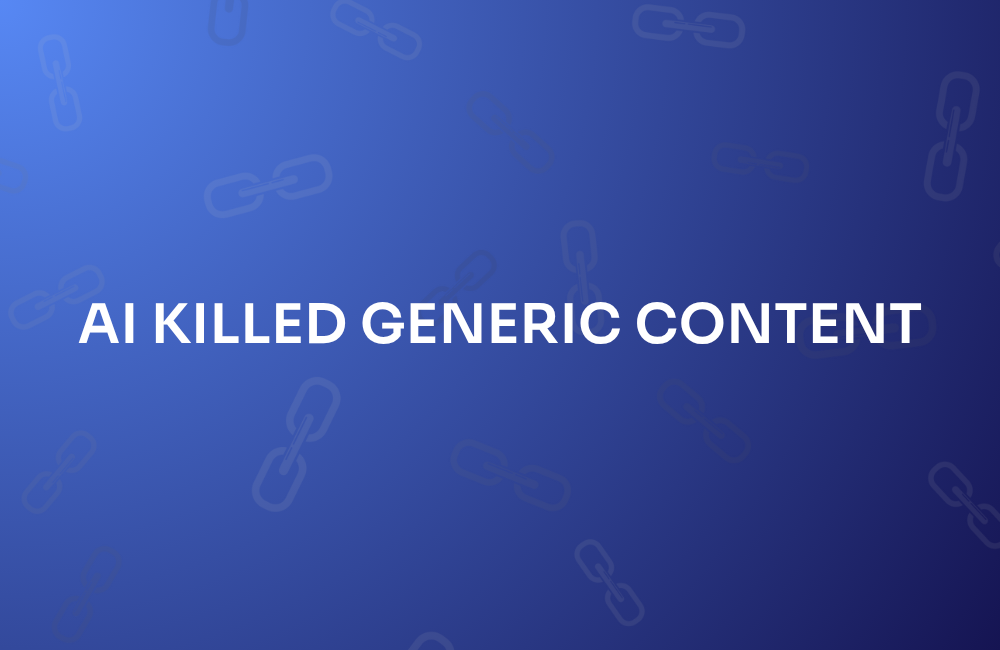
.png)
.png)
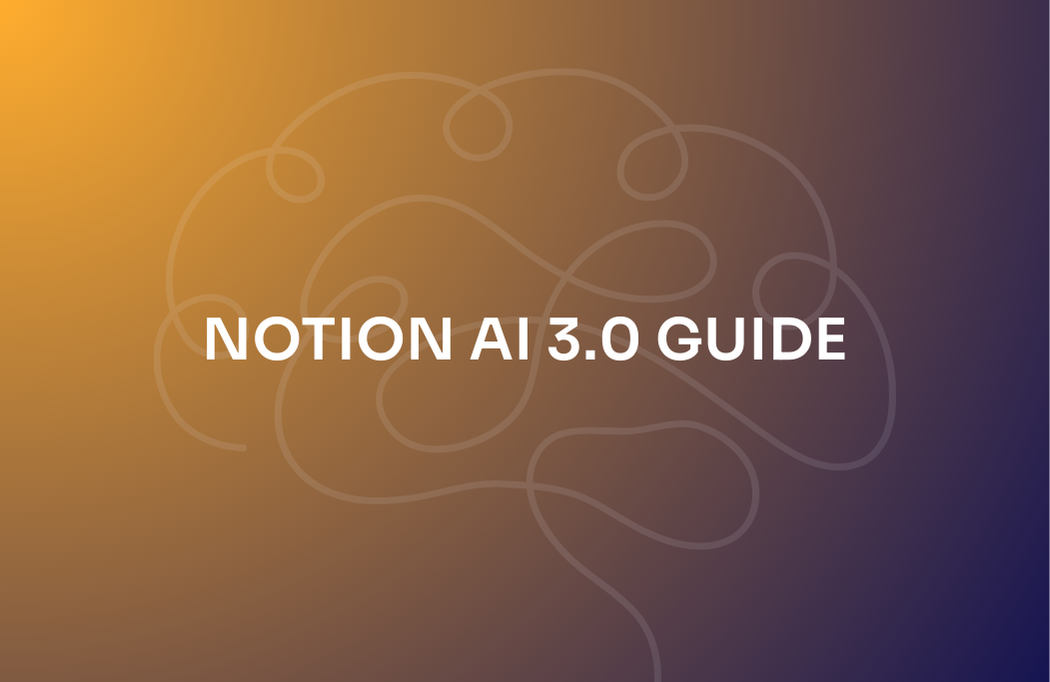
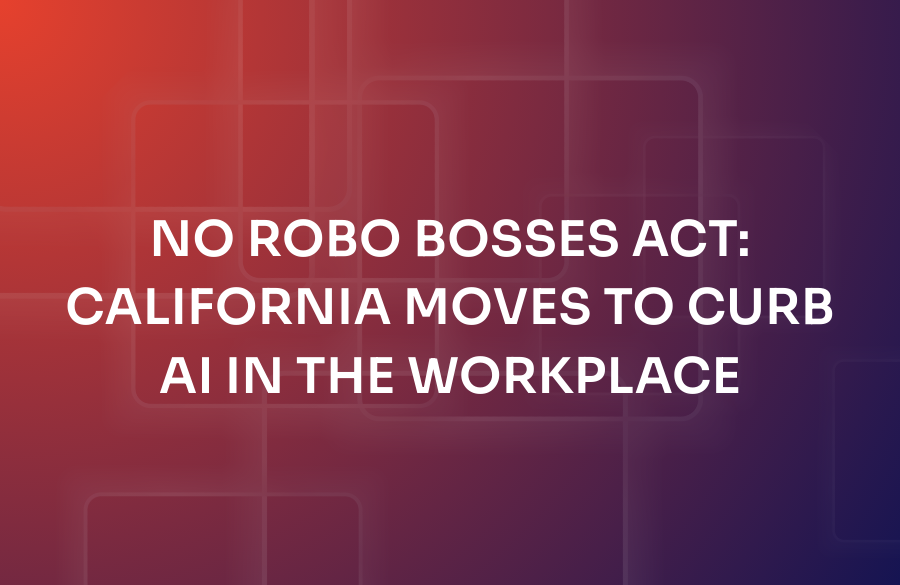
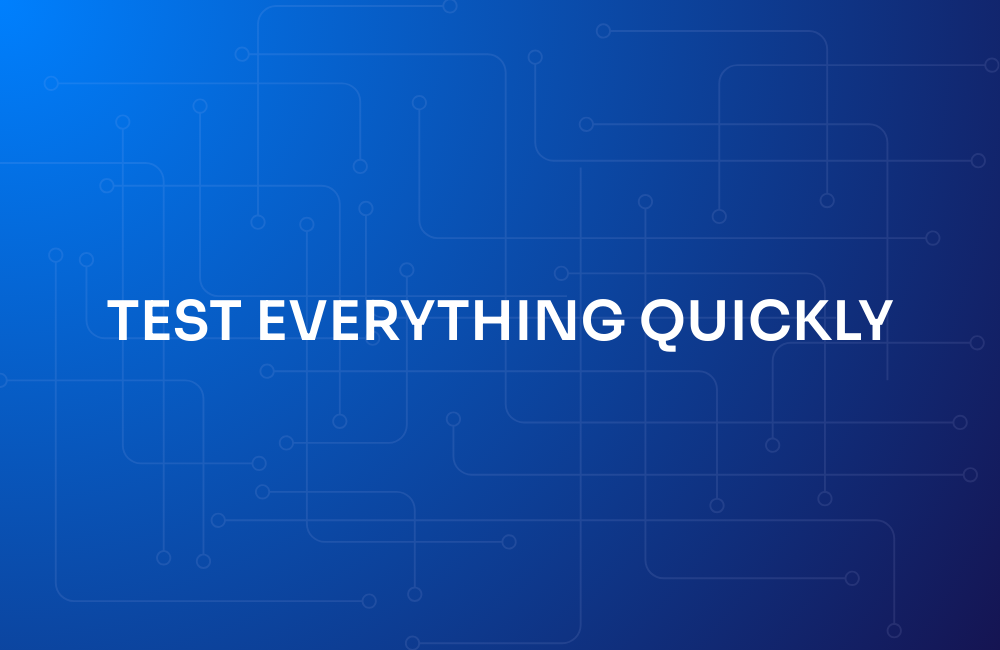
.png)
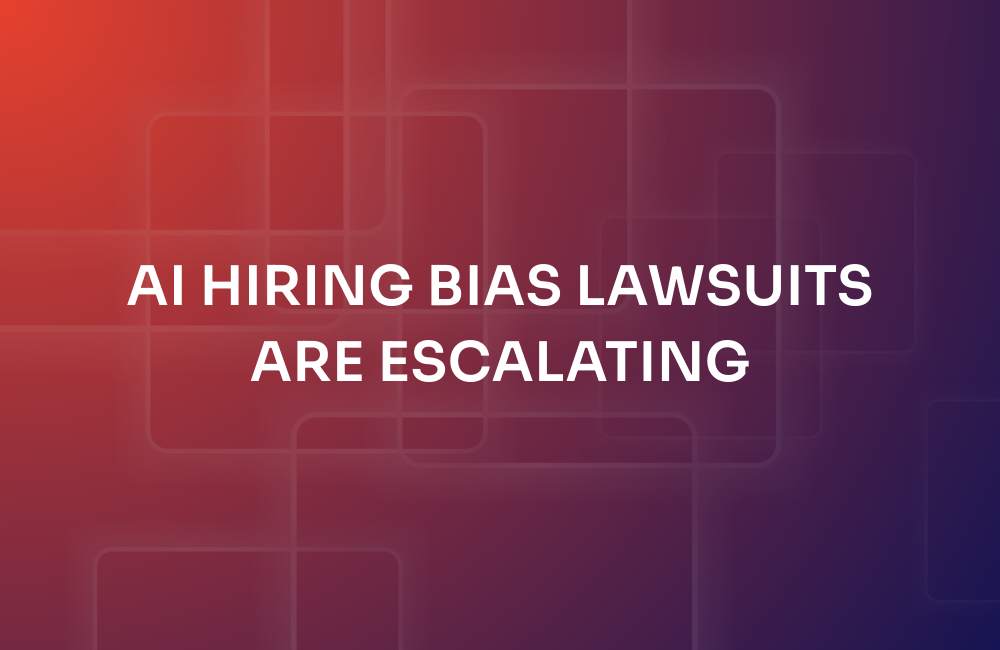
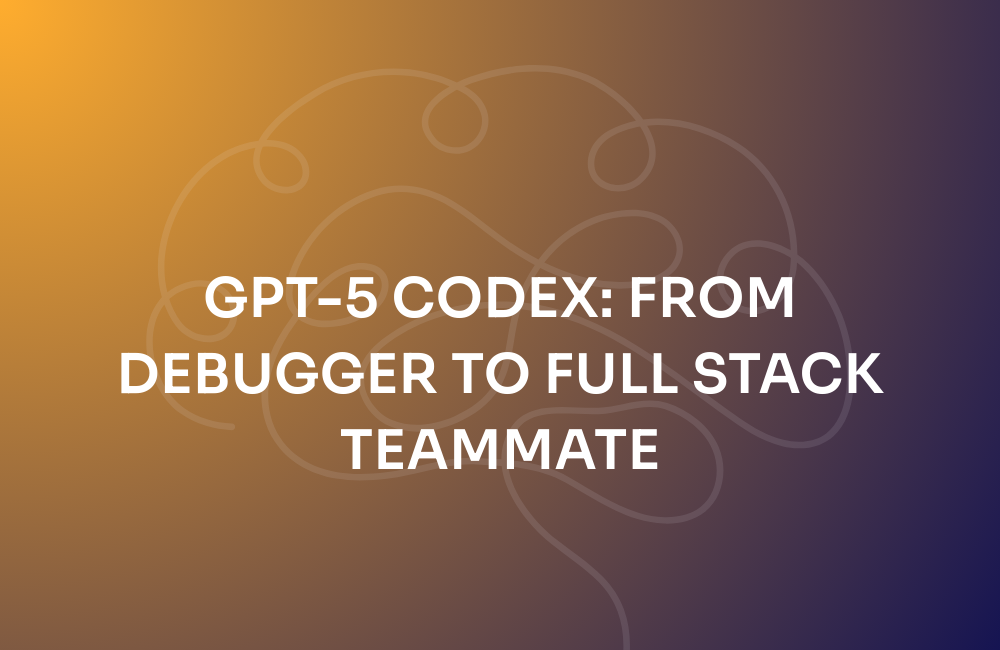
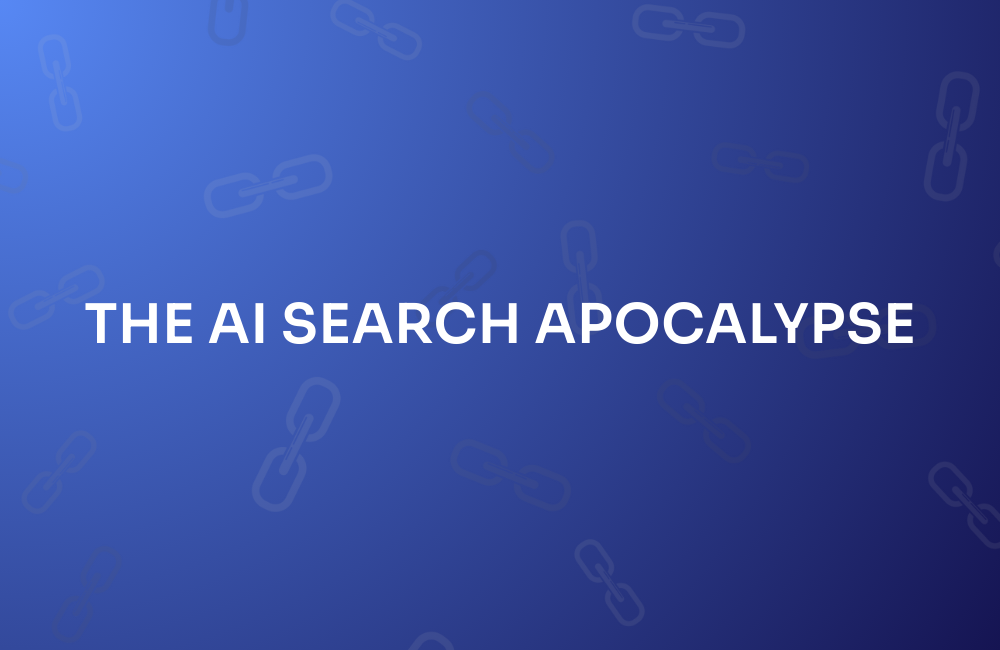
.png)
.png)
.png)
.jpg)


.png)
.png)
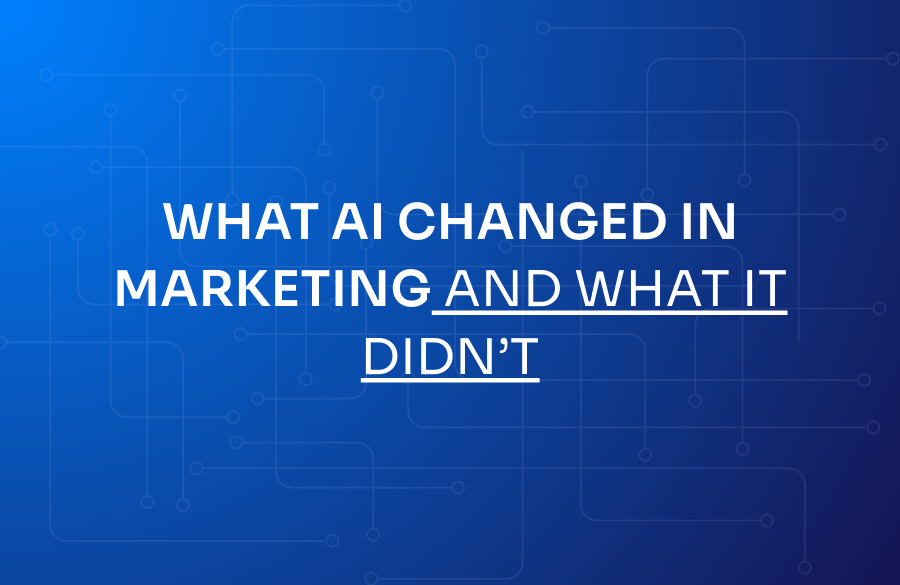
.png)
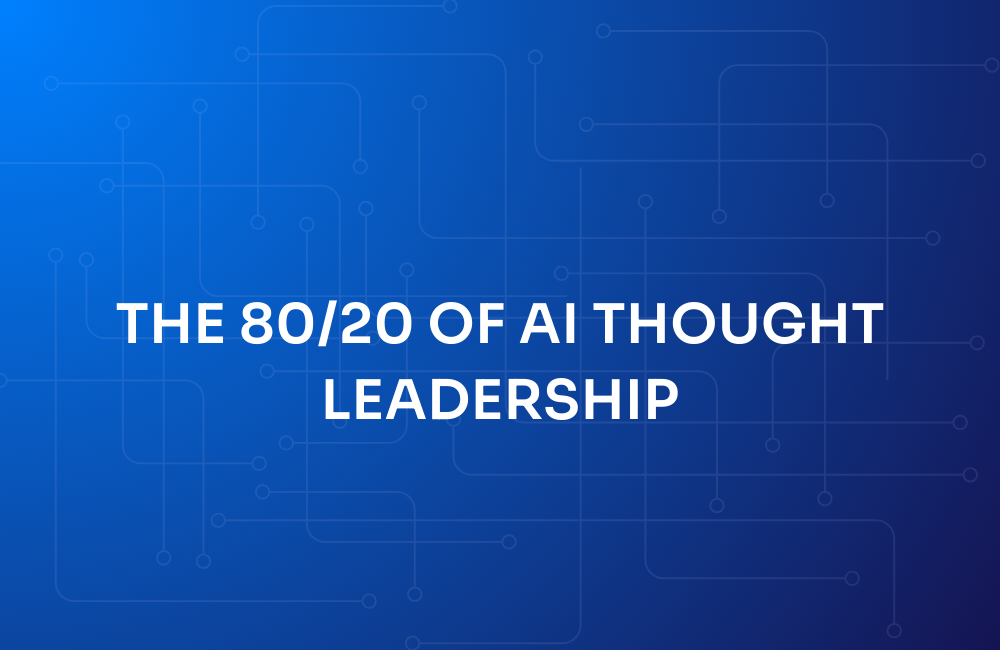
.png)
